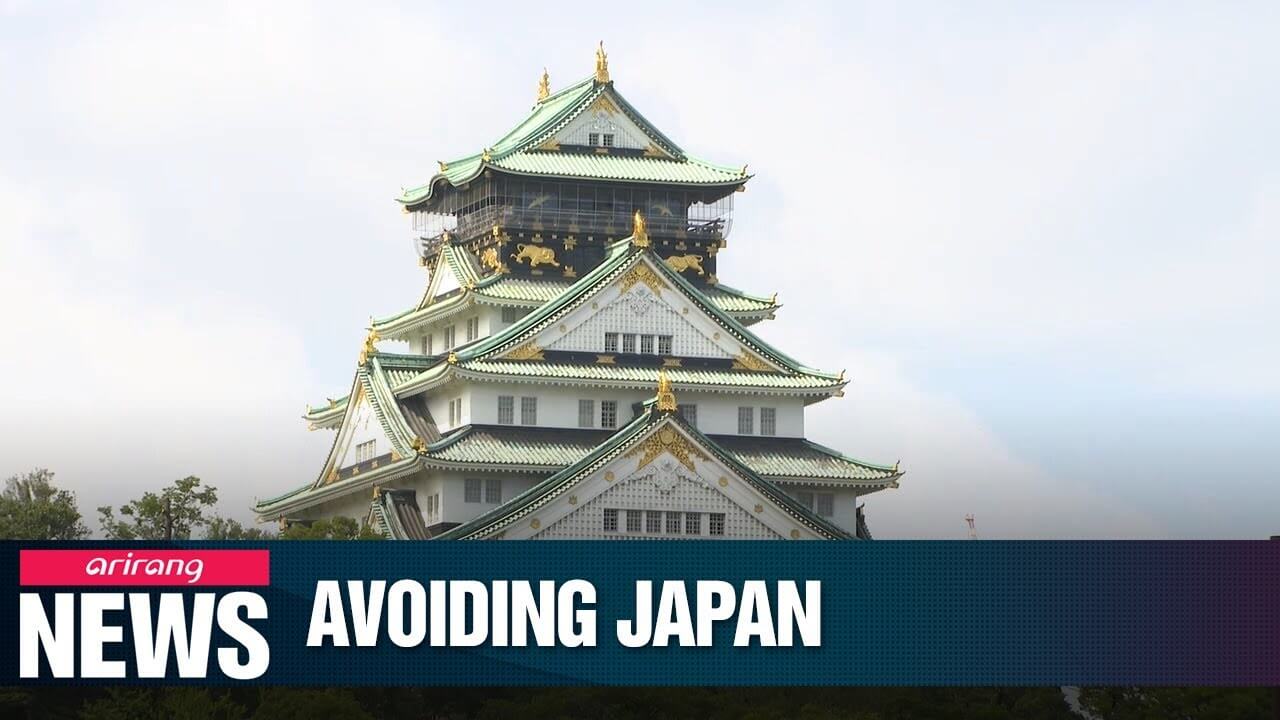Japan and South Korea are people of a similar mentality and outlook on life. Both nations are conservative in one way and progressive in another way, but they are far away from being friends. A logical connection between the two similar nations should be tourism, but there is not enough coordination and not enough cooperation.
Japan – South Korea Tourism, however, is a huge business. 603,000 Korean visited Japan in May 2019 alone. In return 227,000 Japanese went to South Korea. Currently however Japan’s tourism industry and hotel business are at risk, according to analysts, as South Korean visitors have been a major contributor to the industry and are currently canceling their trips to Japan and boycotting the destination.
An official at Japan’s Tourism Agency said there have been a number of cancellations of corporate-funded tours, in which companies reward their employees with paid trips, that seem to be related to the current political situation. The official said the impact on individual customers in July has been limited.
A drop in tourism would likely do more damage to the Japanese economy than the boycott of goods, considering that the country’s consumer brands have relatively limited exposure to the South Korean market.
South Korea is the 12th largest economy in the world, almost on a par with Russia. Its annual military expenditure is currently 10th in the world, and if the current situation continues the country will soon overtake Germany in ninth place and Japan in eighth place.
Tensions between Tokyo and Seoul are intensifying after Japan imposed new restrictions on exports that could hit South Korea’s tech industry.
One analyst suggests the situation could escalate further, with the two governments engaging “in a tit-for-tat exchange of retaliatory measures for at least the several months that further sours bilateral relations.”
The recent tensions between the two countries stem from more than six decades of resentment from South Korea toward Japan. During the Japanese occupation of the Korean Peninsula from 1910 to 1945, many Korean women were forced into sex work in military brothels.
Relations between Japan and South Korea have been dealt a significant blow following a ruling against the wartime forced labor of Koreans handed down by the Supreme Court of Korea on Oct. 30 last year. In response to the lawsuit brought by those commonly known by the name “conscripted factory workers,” the South Korean court ruling is premised on the understanding that “Japanese colonial rule was imposed by force and as such was illegal from the outset.” The court ruled that under illegal colonial rule, people who were mobilized to Japanese companies have the right to seek compensation.
Organizations like PATA, WTTC, and UNWTO should take this opportunity and make travel and tourism the symbol of peace, cooperation and a pillow of a prosperous. The potential is obvious, but the method to gain advantages is ruled by history and politics.






